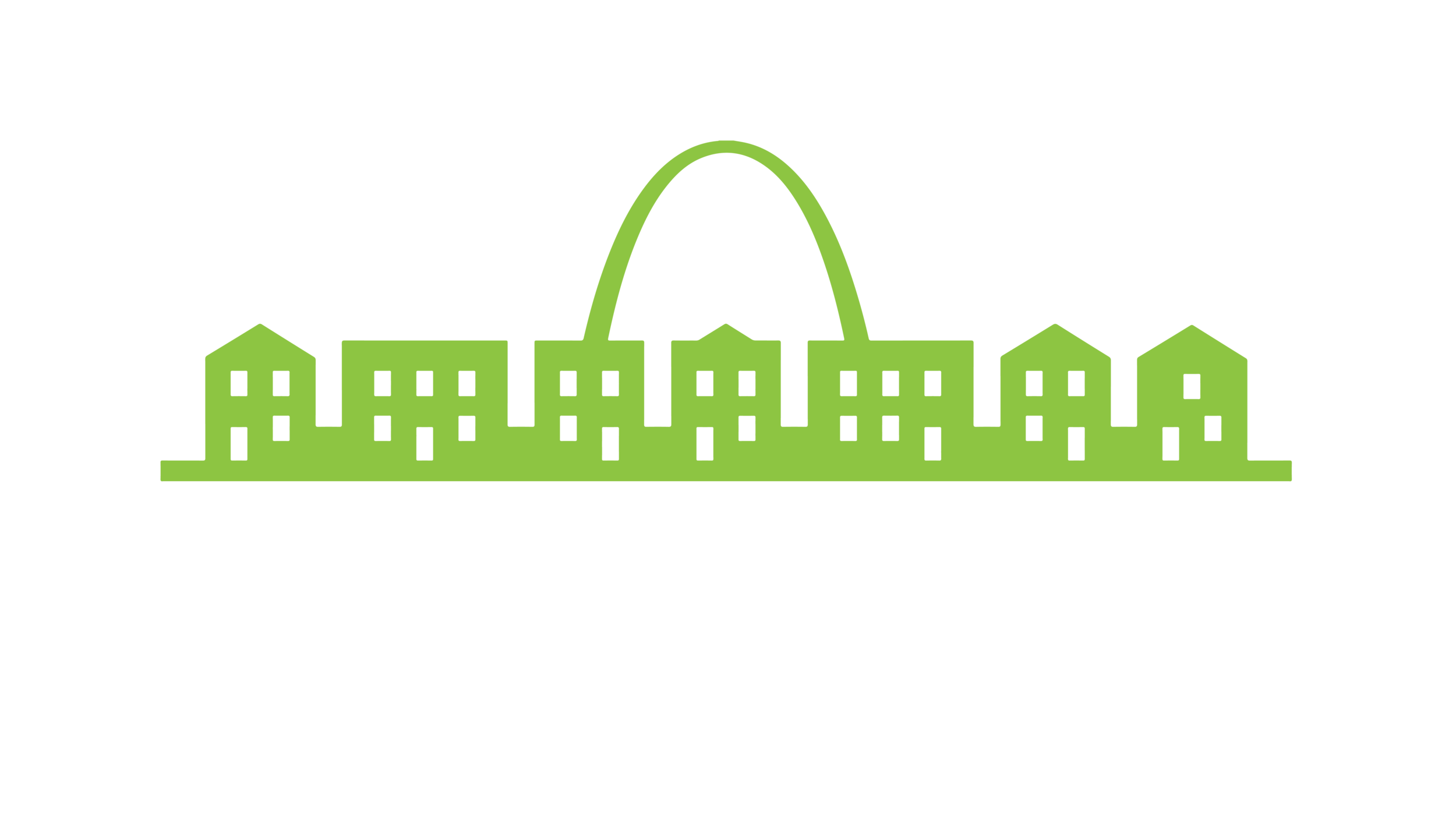Why We Need To Go Beyond School
For the first time in at least 50 years, a majority of the U.S. public school students come from low-income families, according to 2013 federal data (via the Washington Post). While this is news for our nation as a whole, St. Louis city is well-versed in this statistic, as 88% of St. Louis Public School students qualify for free or reduced lunch, which indicates that almost all of those students are coming from low-income households.
At Adams Elementary, a local Forest Park Southeast school where some of our volunteer programs are based, 97% of their students receive free or reduced lunch.
For students who come from low-income households, reading proficiency is significantly low: only 1 out of 5 students meet reading proficiency requirements. These numbers mean that a growing number of kids are beginning school behind grade level.
As the number of low-income students continues to increase across America and in St. Louis, what do we do about it?
At Mission: St. Louis, we make it our mission to empower low-income students so they can be performing at grade level and in turn, stay on the path to graduate high school. We do this by recognizing the impact of expanded learning opportunities like after school and summer programs. The only thing that makes up for lost time is more time. Students who are behind grade level have lost time, and the only that makes up for that ismore intentional time spent on task.
Students who spend an additional 20 minutes a day reading have reading rates in the 90th percentile, as compared to students who read for 5 minutes a day only have reading rates in the 50th percentile. The kids that read 20 minutes a day read 1.8 million words per year, while the kids that read for only 5 minutes a day read only .28 million words. That’s a big difference.
For parents who live in poverty, they may not have enough time or resources to ensure that their children are getting those 20 extra minutes of independent reading time.
That’s why in our Beyond School program, where all of our students are low-income, each student spends 20 minutes reading with a volunteer Monday through Thursday. Those 20 minutes a day in expanded learning opportunities amount to more than just an increase in reading level. Those 20 minutes a day increase vocabulary, making our students better communicators. They help bring our students up to grade level, increasing our students’ confidence and enjoyment they get out of school so they stay in school.
“If we’re serious, we have to do things that overcome the damages of poverty. We have to meet their health needs, their mental health needs, after-school programs, summer programs, parent engagement, early-childhood services. These are the so-called wraparound services. Some people think of them as add-ons. They’re not. They’re imperative.” – Michael A. Rebell, Executive Director, Campaign for Educational Equity at Teachers College, Columbia University
To get involved or find out more about our Beyond School program, click here.
